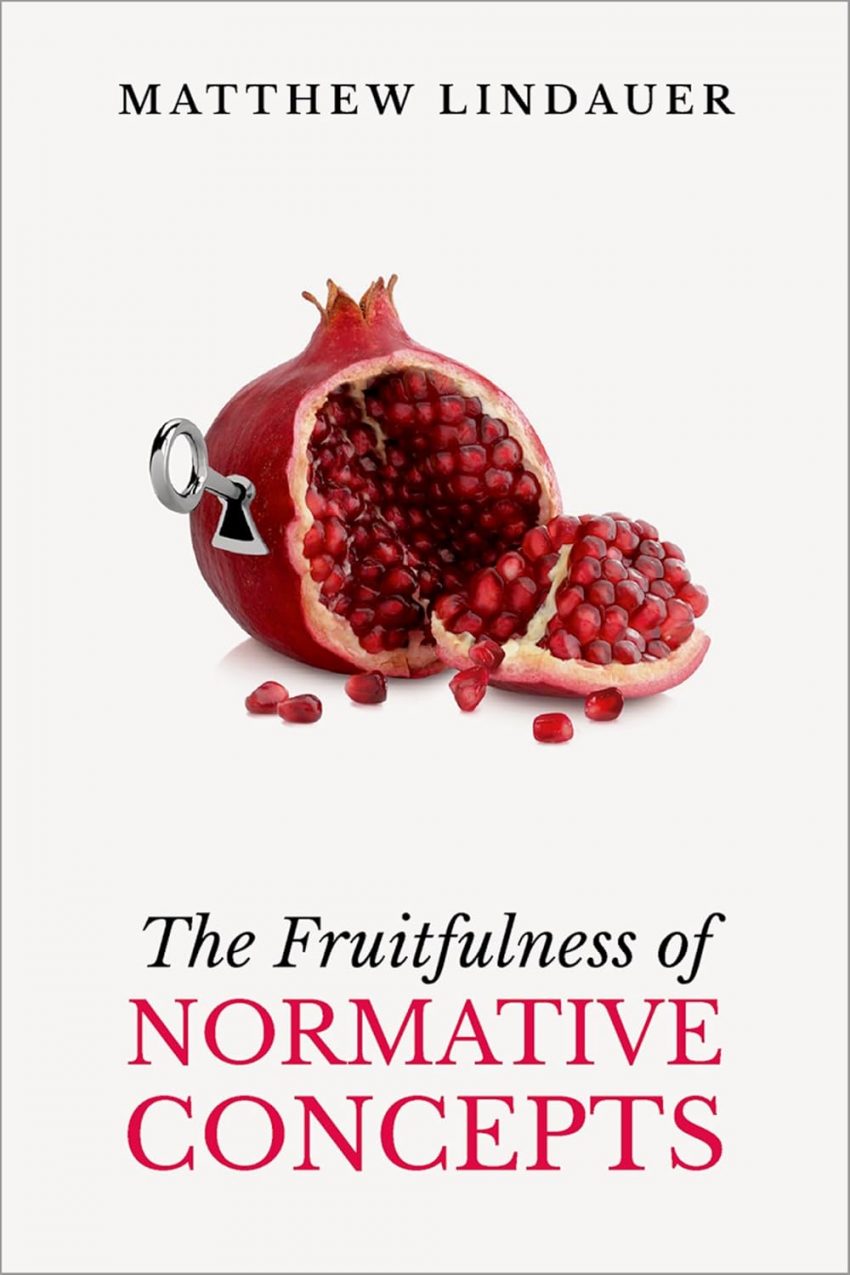The Center for Philosophy and the Health Sciences at Aarhus University is hosting a lecture by Joshua Knobe. It will take place on Thursday, January 29, 15:15–16:45 (UTC+1) via Zoom. The abstract reads: The notion of normality plays a role in the way people understand many different scientifically important concepts. For example, normality figures in people’s…
Category: Philosophy of Mind
Hot Off The Press: “The Fruitfulness of Normative Concepts”
In “The Fruitfulness of Normative Concepts,” Matt Lindauer argues for a strong connection between philosophical theory and its real-world applicability, also drawing on moral psychology and adjacent fields. The book’s summary reads: Can philosophical concepts do real work in improving our world? Should we, when evaluating competing understandings of concepts like “justice,” “empowerment,” and “solidarity,”…
Call: “Valence Asymmetries”
The Valence Asymmetries project, led by Isidora Stojanovic at the Universitat Pompeu Fabra in Barcelona, is looking for expressions of interest from people who would like to join. The call reads:
Conference: “Basel-Oxford-NUS BioXPhi Summit”
The 2025 “Basel-Oxford-NUS BioXPhi Summit,” organized by Tenzin Wangmo, Brian D. Earp, Carme Isern, Christian Rodriguez Perez, Emilian Mihailov, Ivar Rodriguez Hannikainen, and Kathryn Francis, will take place from June 26 to 27 at the University of Basel, Switzerland. The program consists of 15 talks and seven posters, framed by two keynotes. June 26, 8:30–17:30…
Experimenting With Guesses
A five-horse race is about to start. The probabilities that each horse will win are: Can you guess who will win? There are several reasonable guesses you could make. For example, “Ajax” is a good guess, but “Ajax or Benji or Cody” is fine too. But some guesses, like “Cody or Ember,” are terrible. What…
Priming Effects Are Fake, but Framing Effects Are Real
A few decades ago, it was pretty common to mush together priming effects and framing effects and see them as two closely connected parts of a single Bigger Truth about the human mind. Of course, everyone understood that the effects themselves were a bit different, but one common view was that they were providing evidence…
Do People Think That Free Will Is Incompatible with Determinism?
Imagine a universe in which everything that happens is completely caused by the things that happened before. Suppose, for example, that Mia has a bagel for breakfast. Her act of having a bagel for breakfast would be caused by the way things were right before that, which would be caused by the way things were…
Call: “ESPP 2025”
The 2025 conference of the European Society for Philosophy and Psychology will take place in Warsaw, Poland, from September 2 to 5, hosted by the Polish Academy of Sciences. As keynote speakers, Emma Borg, Cameron Buckner, Nora Newcombe, and Petra Schumacher are confirmed. Abstracts for papers, posters, and symposia can be submitted until March 3….
Job: “PhD Scholarships in Neurophilosophy” (Munich, Germany)
The Graduate School of Systemic Neuroscience (GSN) at the University of Munich offers PhD scholarships in neurophilosophy. Applications are possible until November 25. The job announcement reads:
Call: “Concept Formation”
The Italian journal Arkete – Rivista annuale di studi filosofici is planning a special issue on “Concept Formation,” also taking empirical perspectives into account. Abstracts for articles can be submitted until March 31. The call reads:
